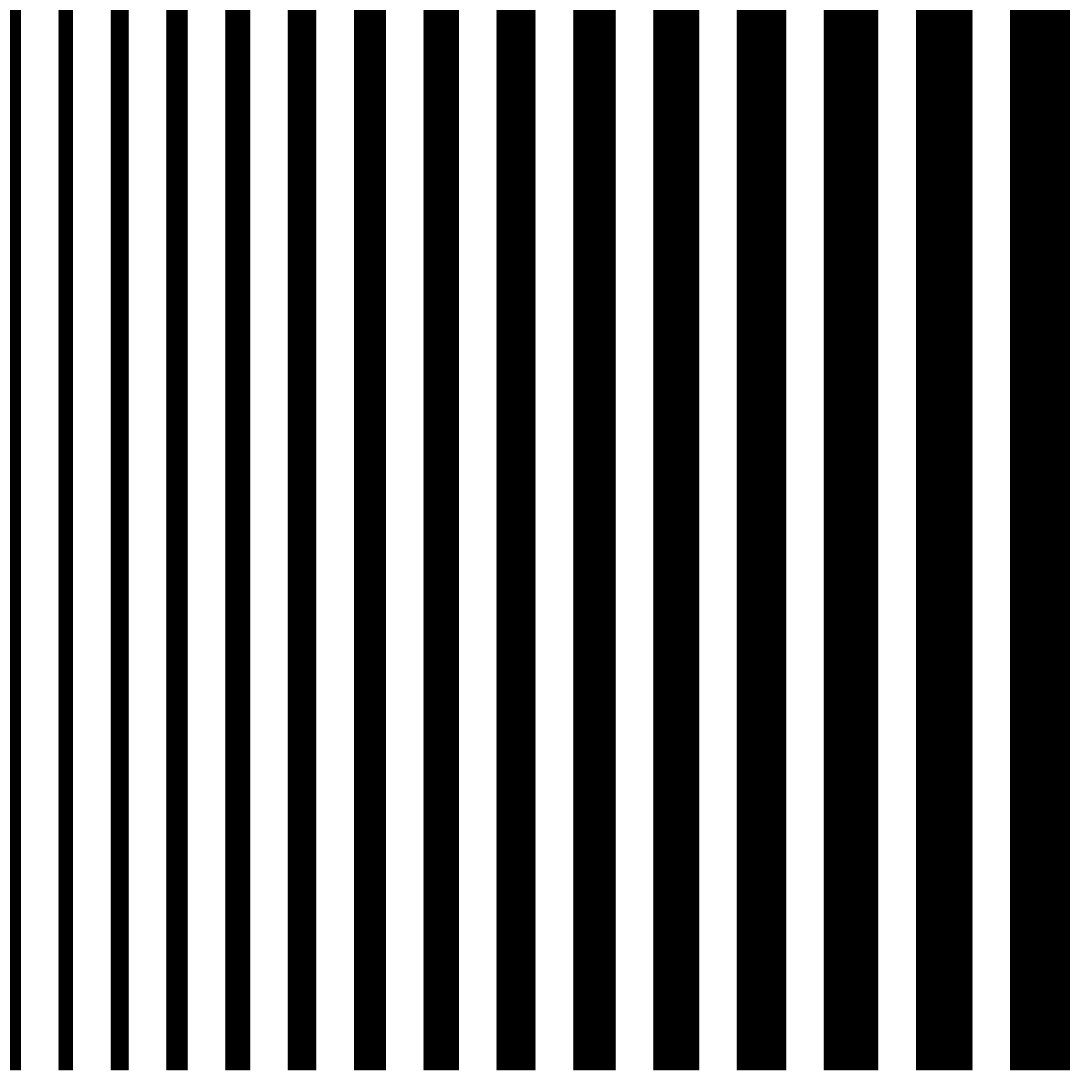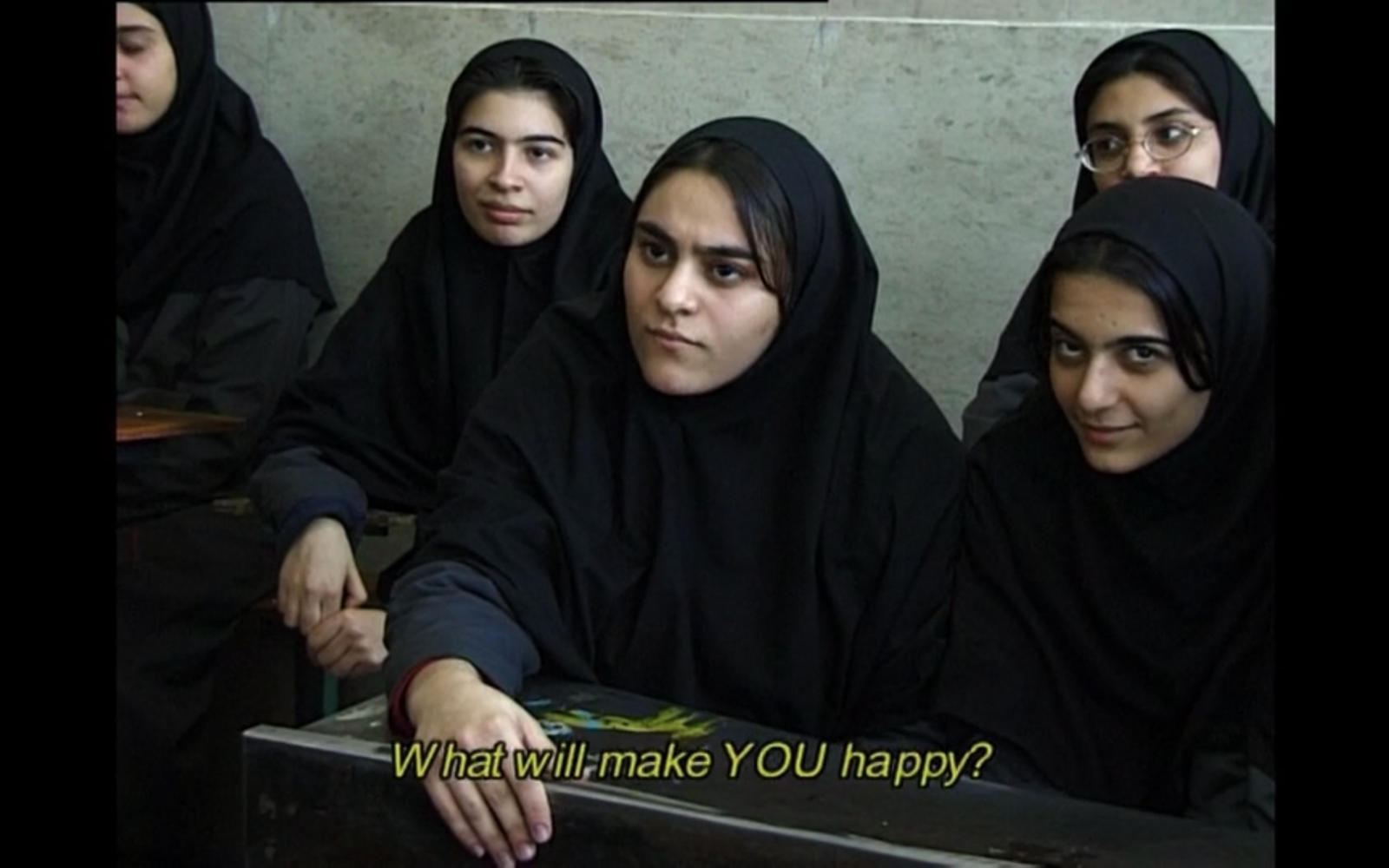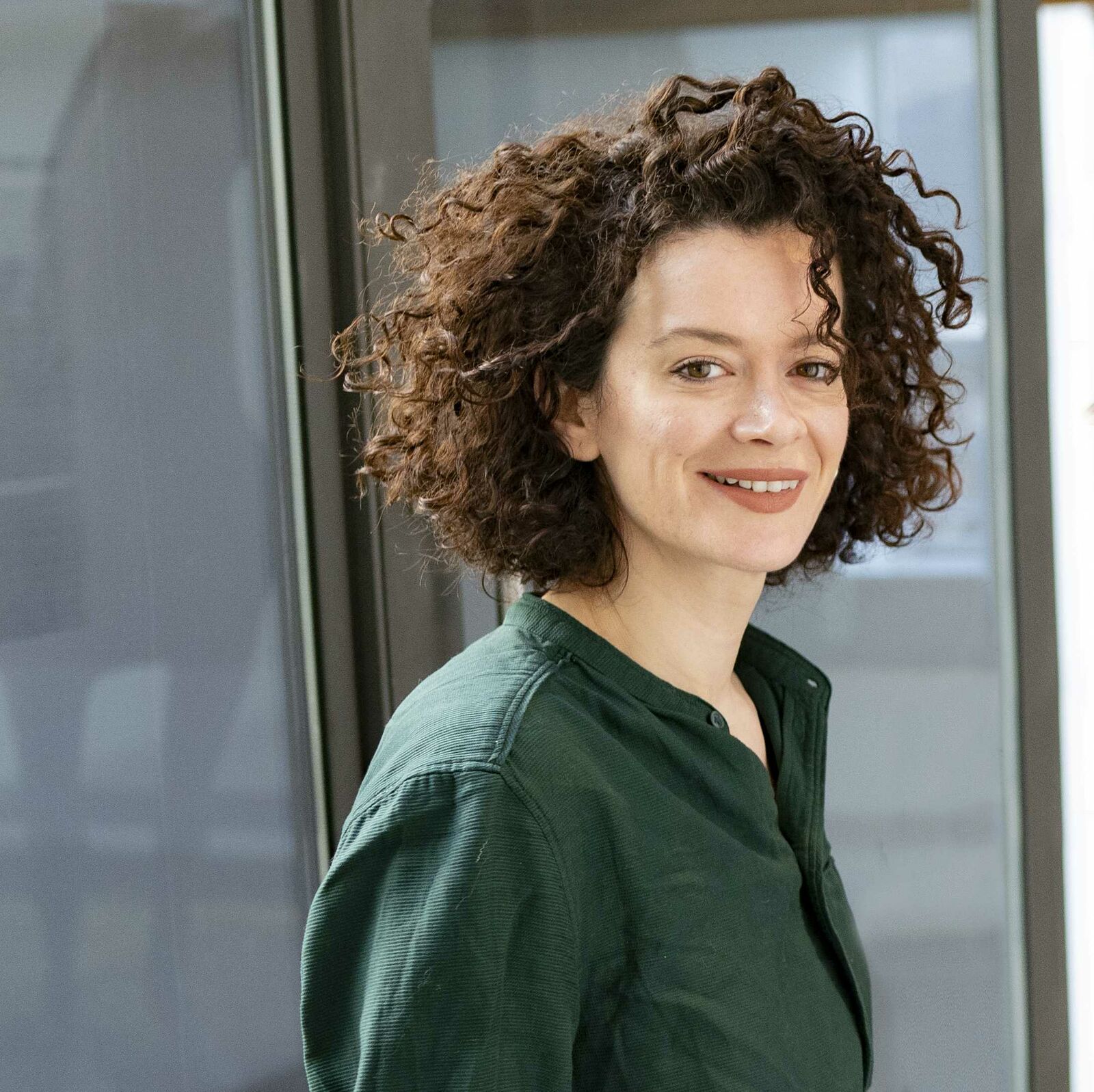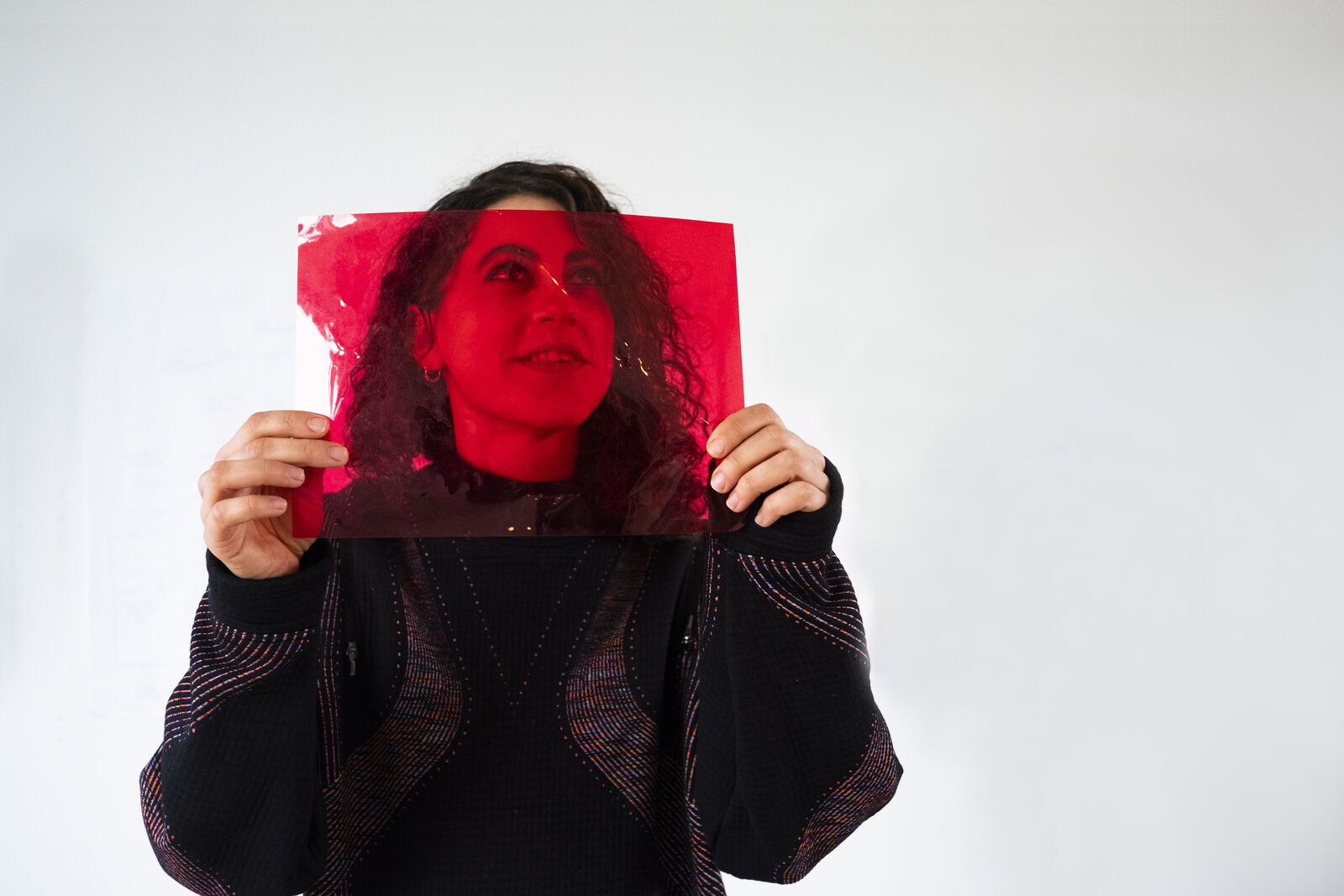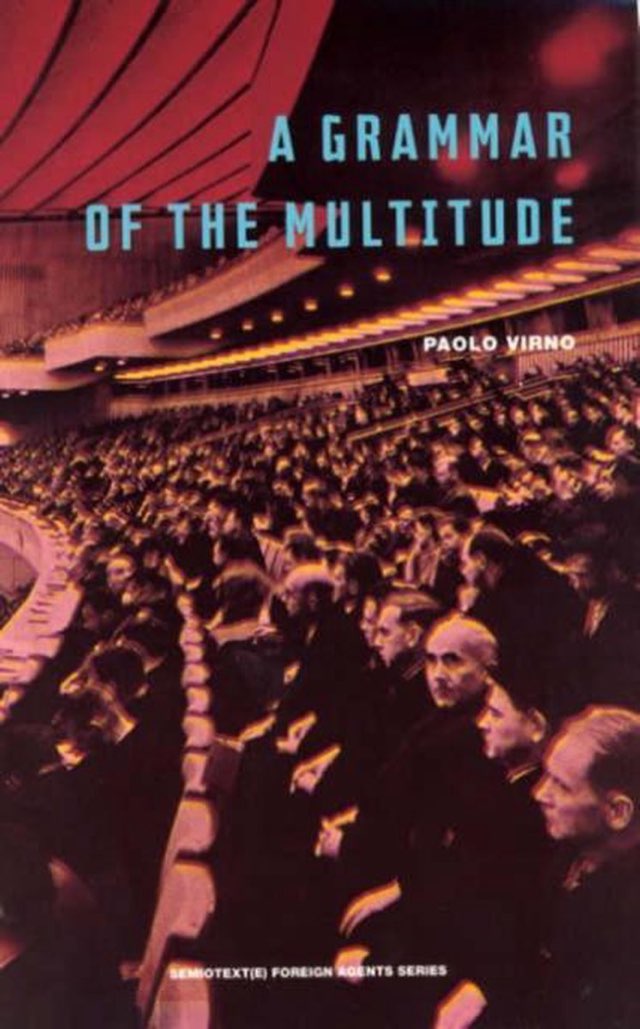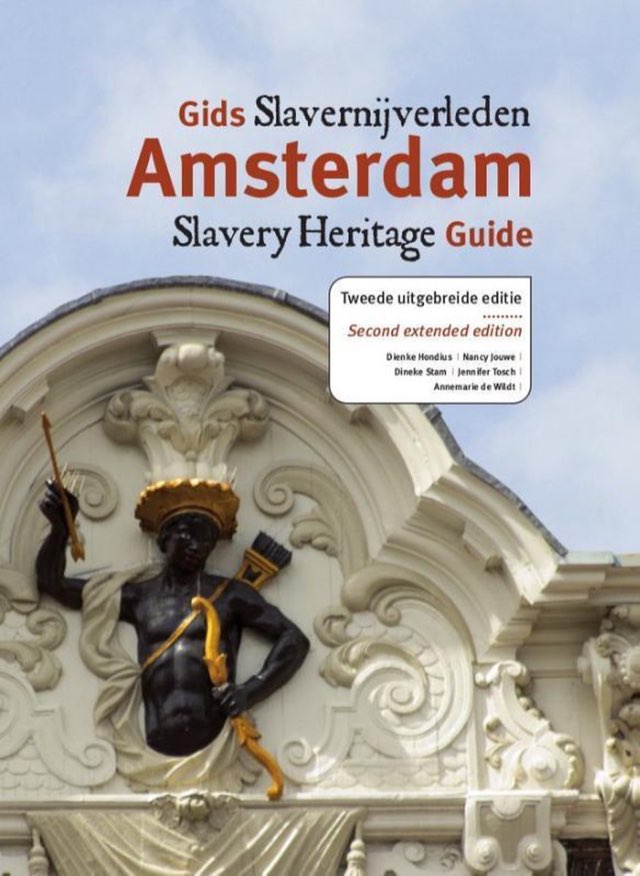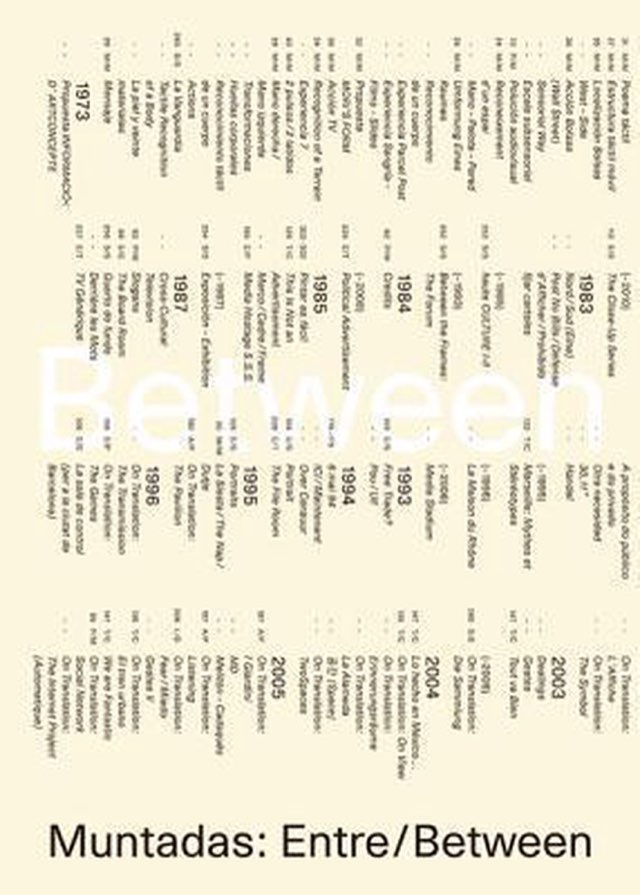Inas Halabi – After the Last Sky
15:00–20:00
Opening: 31 March 6:00-9:00 p.m.
de Appel, Schipluidenlaan 12, Amsterdam
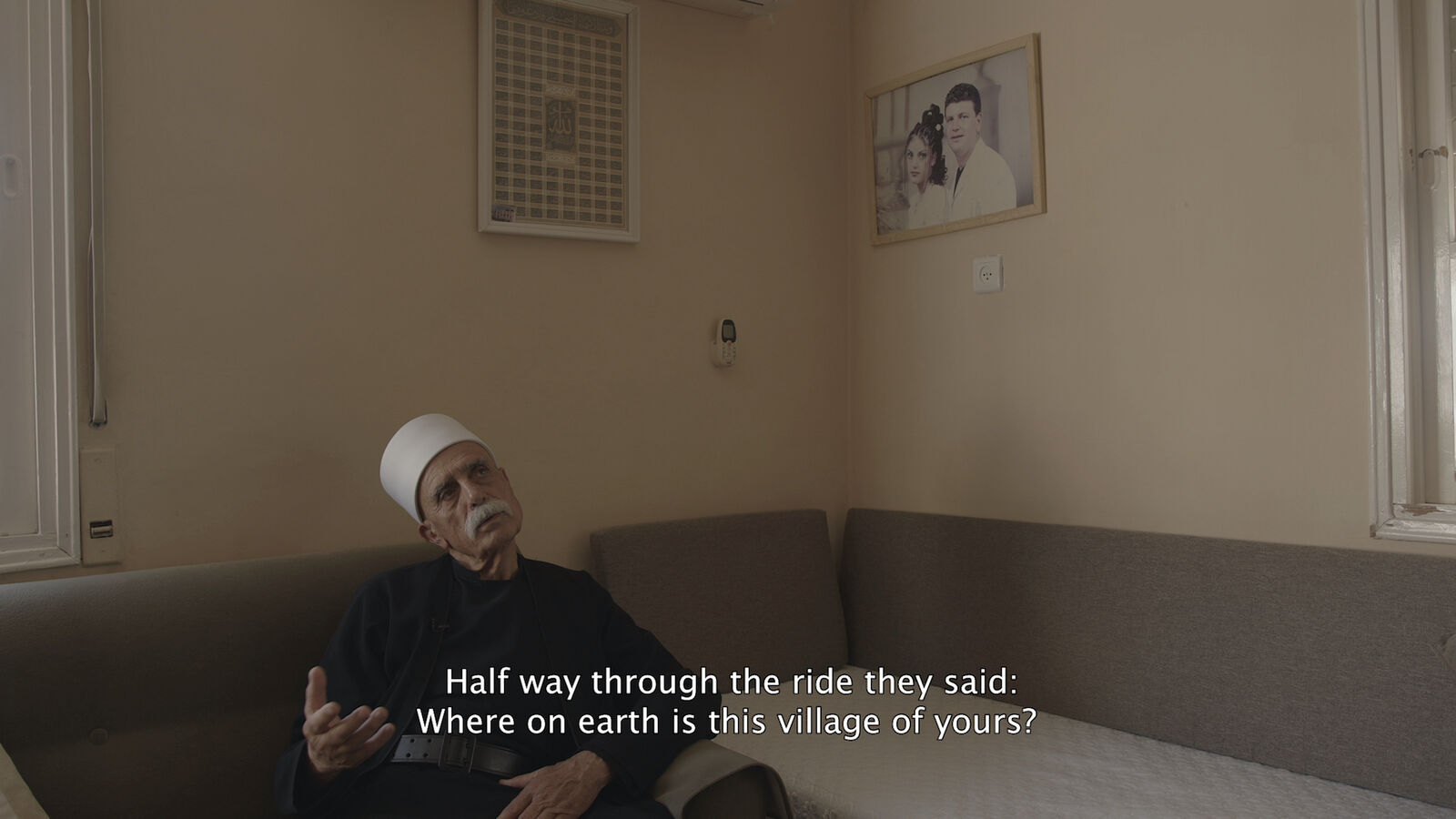
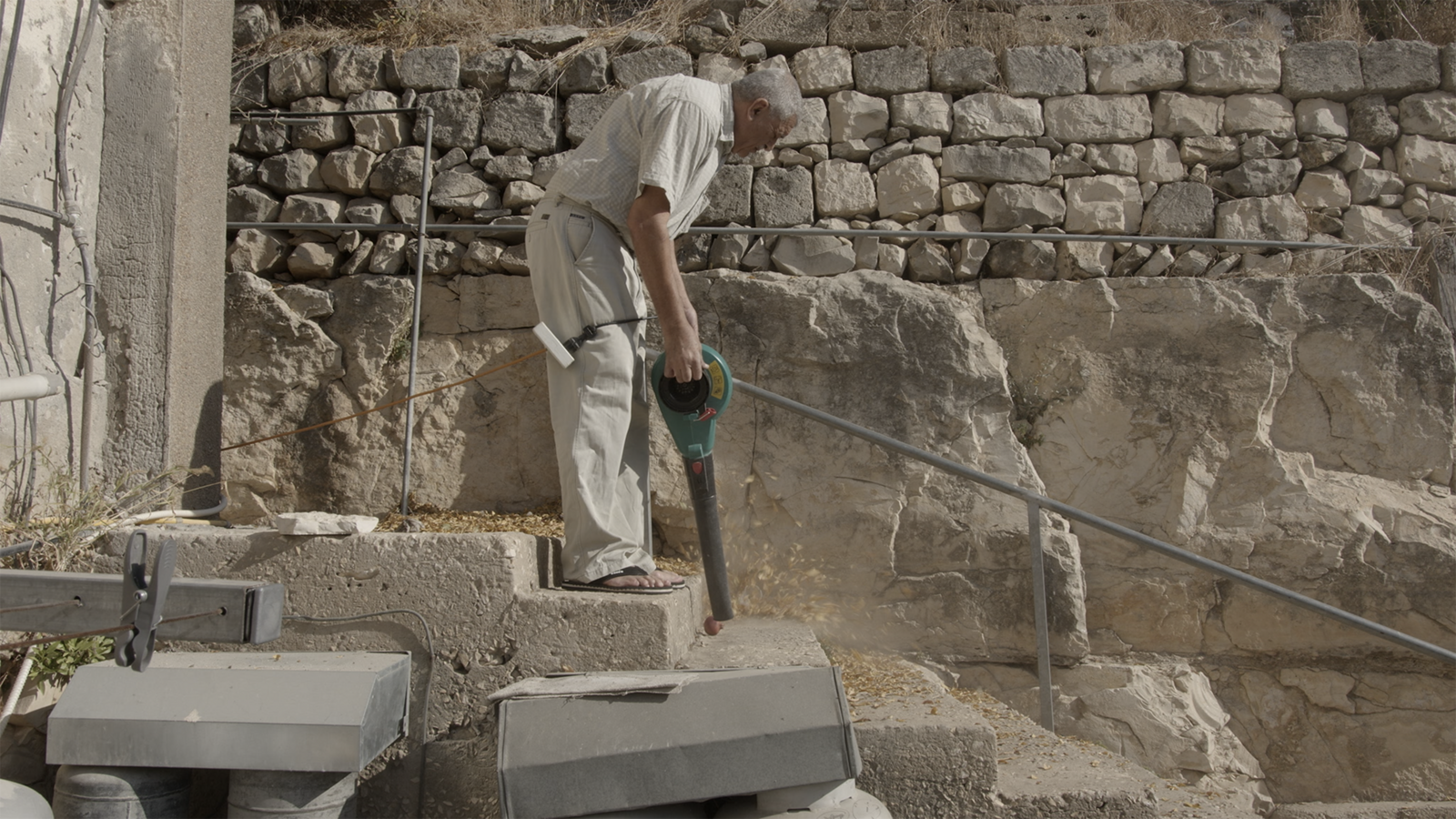
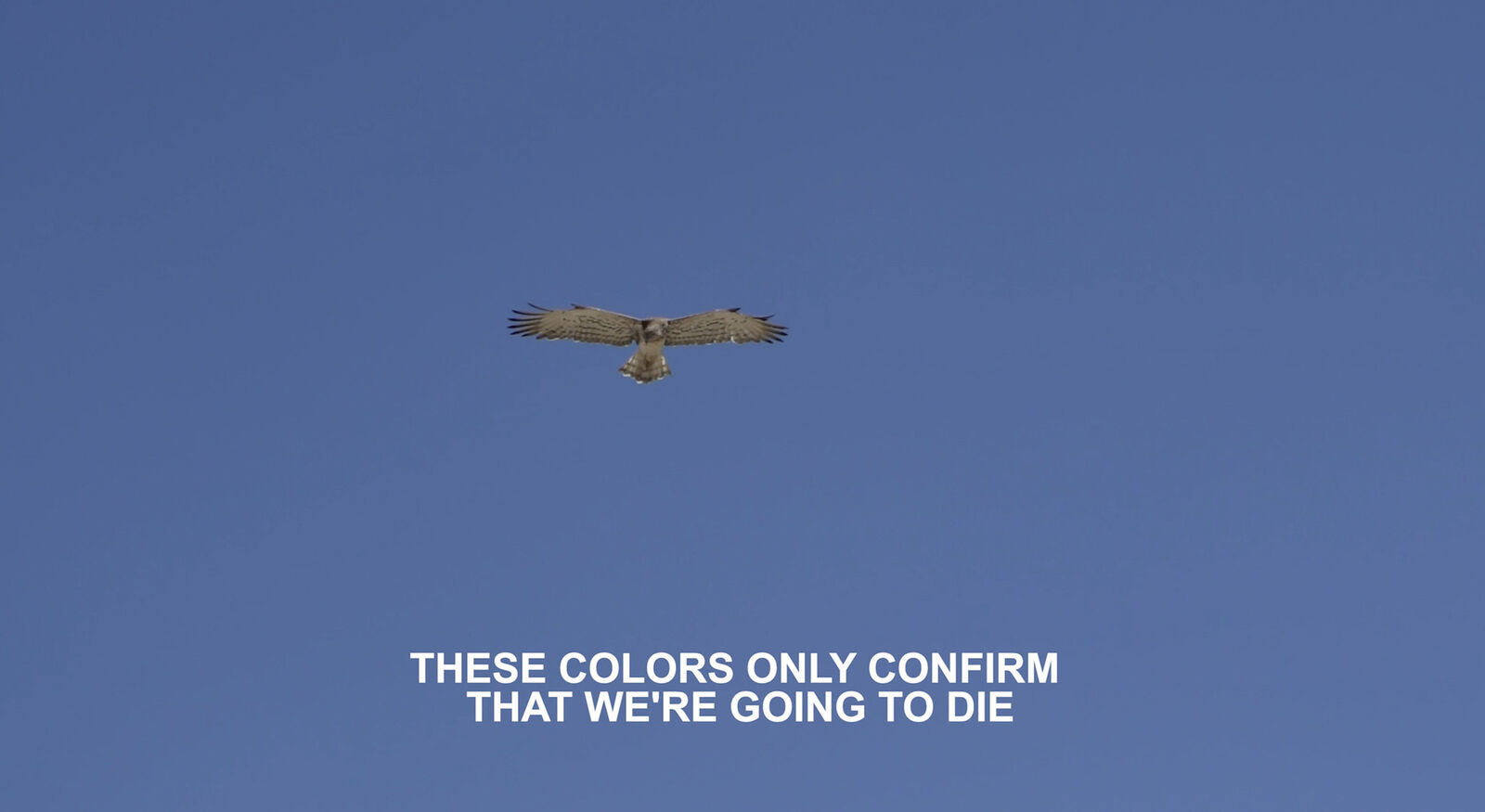
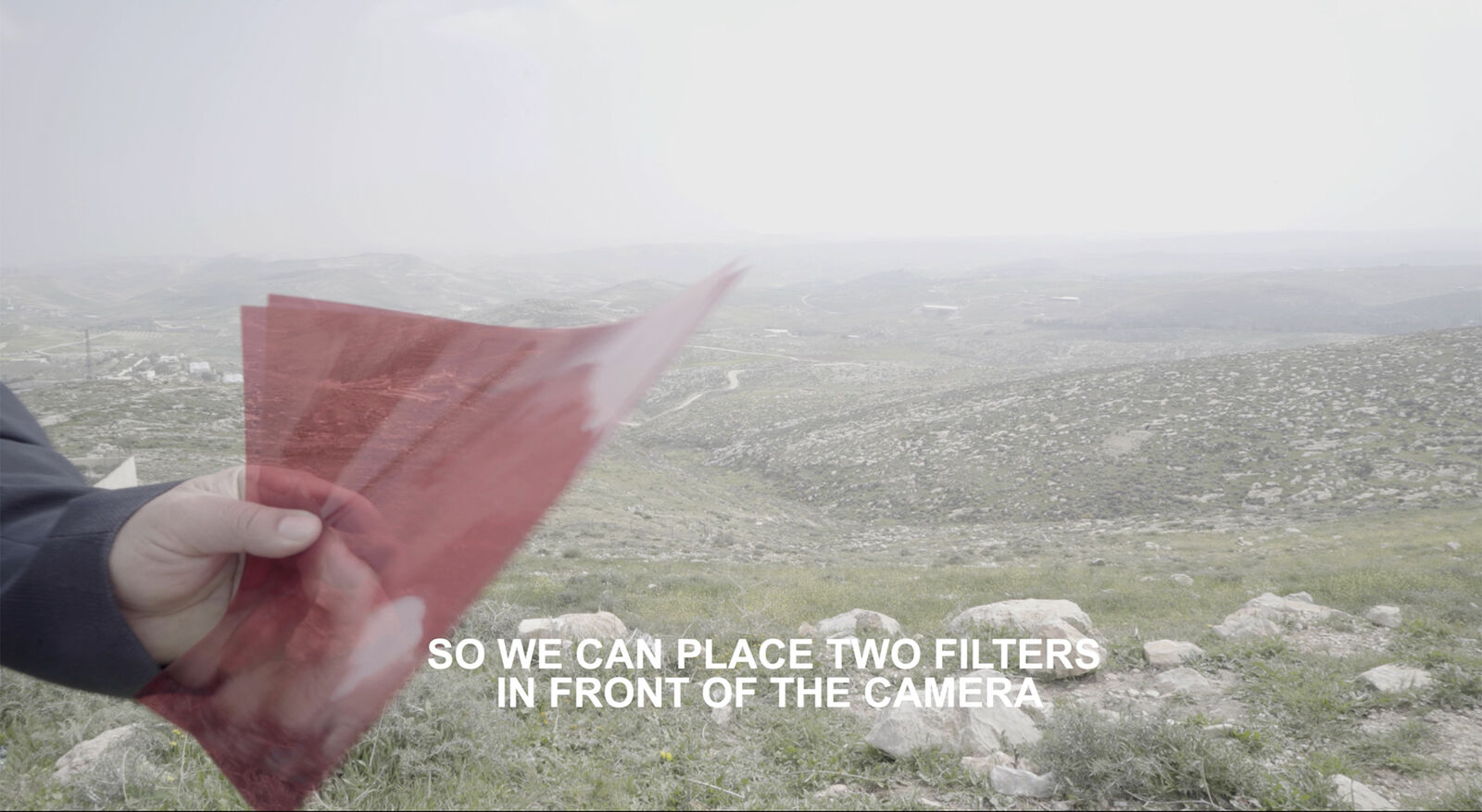
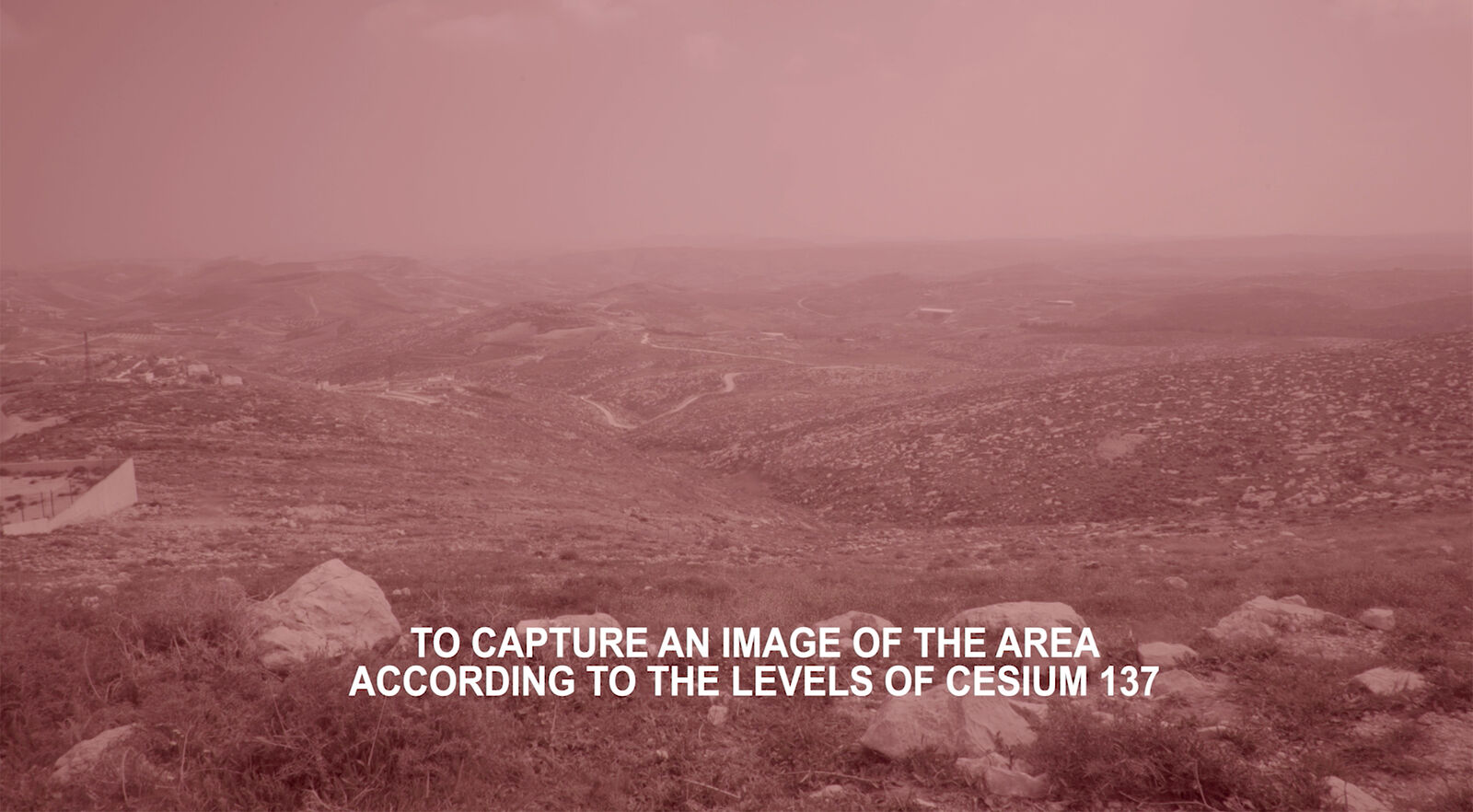
Centering around the visible and invisible slow violence in the landscape1 the exhibition After the Last Sky2 is a rich soil for cultivating questions about how to represent and perceive violence in the image and whether we can trust images. The works address different regions mired in colonial violence, attempting to reveal, through looking closely, how the land and soundscape around us are an expression of dominant political power and the struggle and resilience of the communities subjected to it. Inas Halabi will be presenting earlier and new work.
Three different works will be traversing the Aula of de Appel. We No Longer Prefer Mountains (2023) takes place in the Druze town of Dalyet el Carmel, in northern Palestine, pulling the viewer into a surreal world of geographic isolation, shrouded mysticism, and a locale shaped by co-optation, coercion, and control. Weaving together intimate engagements with members of the community, in shared domestic spaces and outdoor environments, the film sets out to explore how the inner politics of the Druze have been controlled and reshaped as a result of the establishment of Israel in 1948. The film is informed by the landscape theory (fûkeiron), a Japanese Avant Garde film movement in the 60s whereby the filmmakers posited that filming the everyday surroundings reveal the oppressive and repressively isolating landscapes and the powers at play.
In We Have Always Known the Wind’s Direction (2019-2020) Halabi grapples with the invisible subterranean violence. She explores the material effects of radiation (physically and metaphorically) and the possible burial of nuclear waste in the south of the West Bank. Radioactivity, invisible but deadly, is here a synecdoche for a more ungraspable invisibility—the systemic networks of power and control in the region and a meditation on how to account for the ungraspable.
In Hopscotch (the Centre of the Sun's Radiance) (2021) it is through soundscapes that the listeners witness lasting neo colonial oppression. The seven chapters take listeners on a sonic trip across two continents – Africa and Europe –exploring the ways in which histories of labour and the extraction of resources are tied to the train’s development in both the Democratic Republic of Congo and Belgium. The project explores how these histories are embedded in the landscape and how the (colonial) past continues in the present, albeit under different guises.
Exploring many issues, the exhibition is an instigation to think collectively about the dilemmas faced by the dispossessed in relation to the modes of representation and visibility as a result of the settler colonial state. A public programme will accompany the exhibition, where the research collective Sarmad are invited to respond to We No Longer Prefer Mountains, scholar Layal Ftouneh will lead a reading of Edward Said’s book After the Last Sky, and artist Inas Halabi will give a talk discussing the different facets of her works with the public.
This is the first episode of a new podcast series for Metropolis M by Alix de Massiac: Feedback, in which she explores the podcast as a medium for art criticism. For the first episode, she talks to Lara Khaldi, the new director of de Appel in Amsterdam. The recorded sounds are from the exhibition After the Last Sky by Inas Halabi.
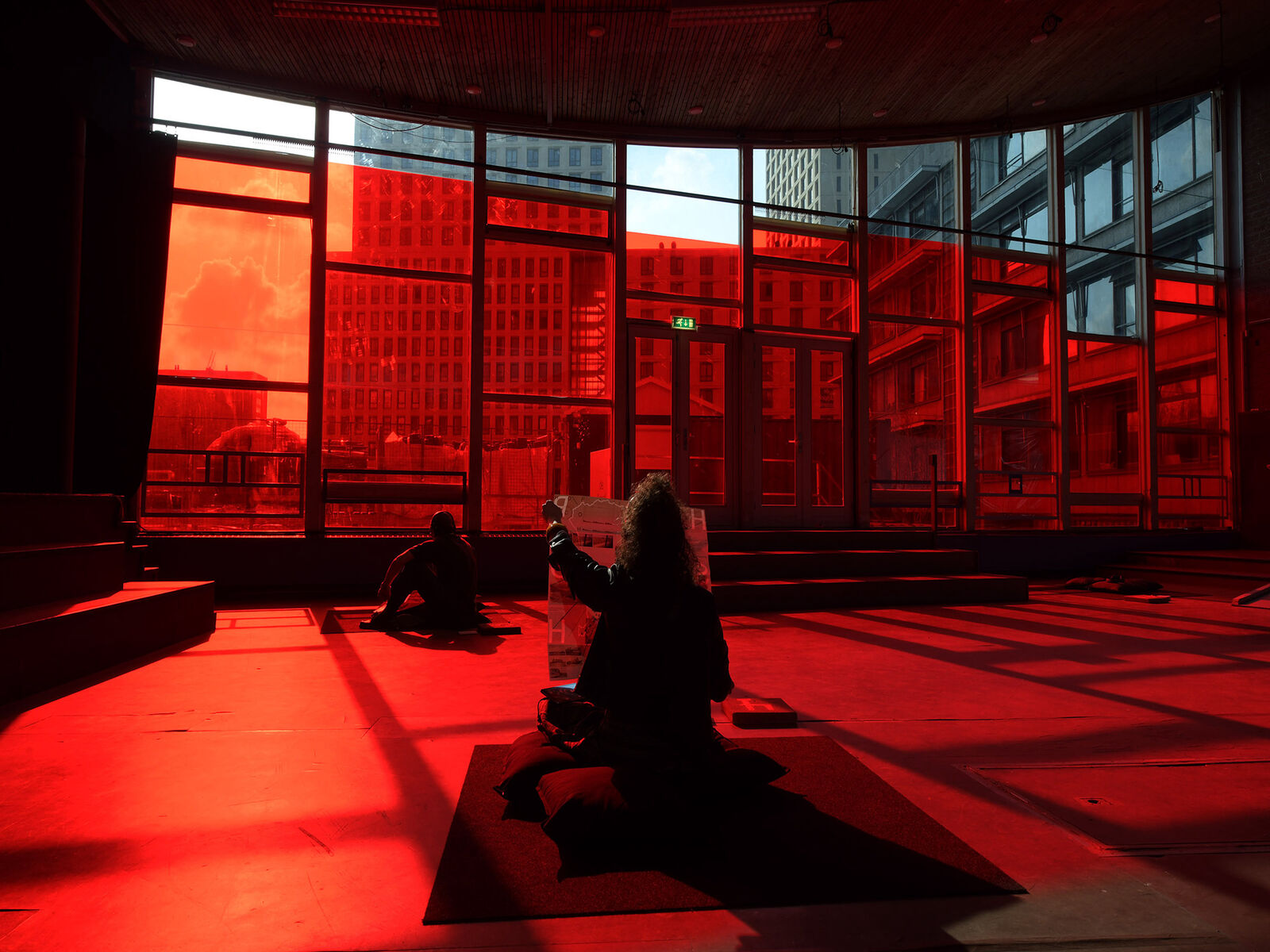
Image by Özgür Atlagan
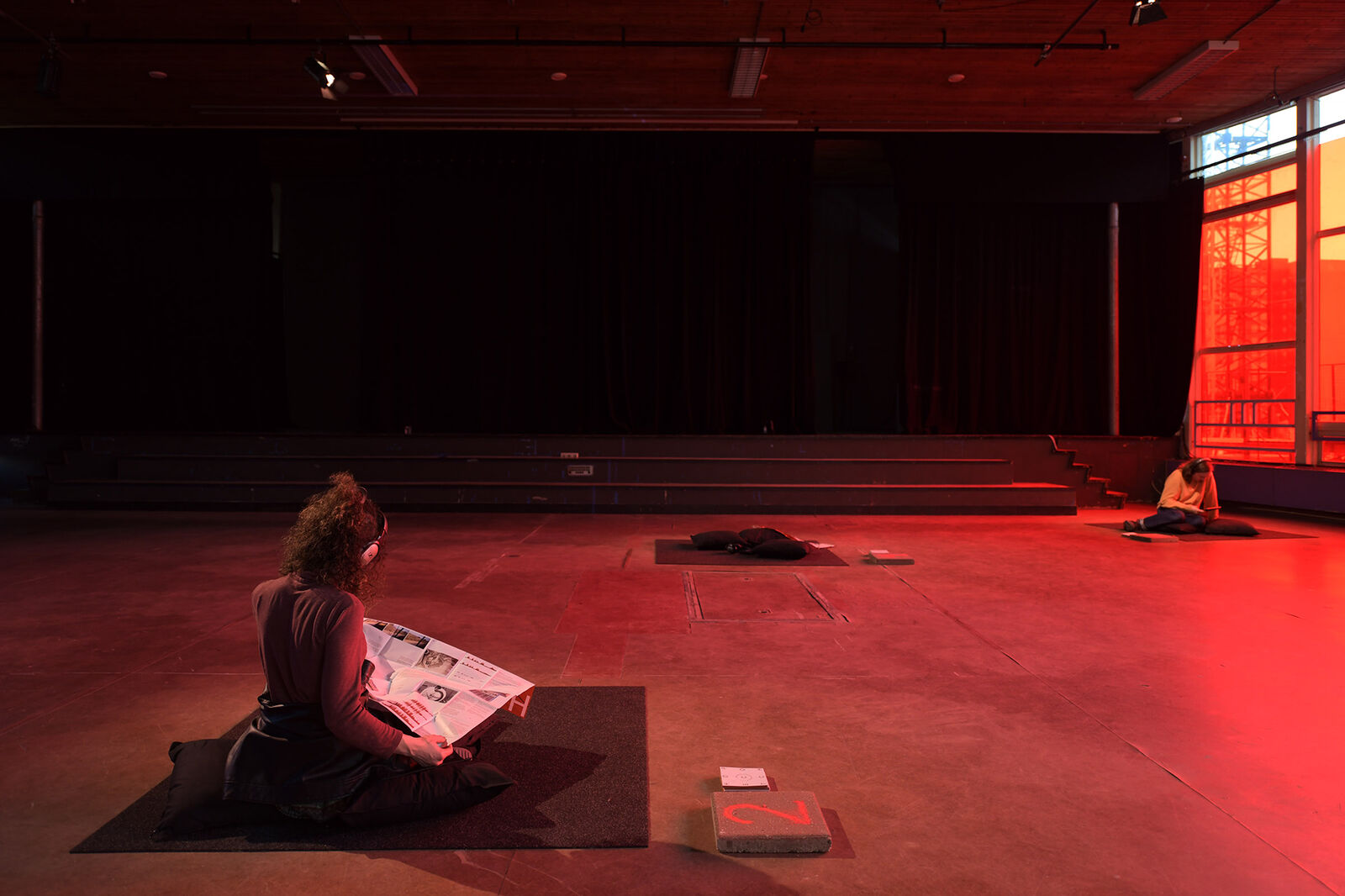
Image by Özgür Atlagan
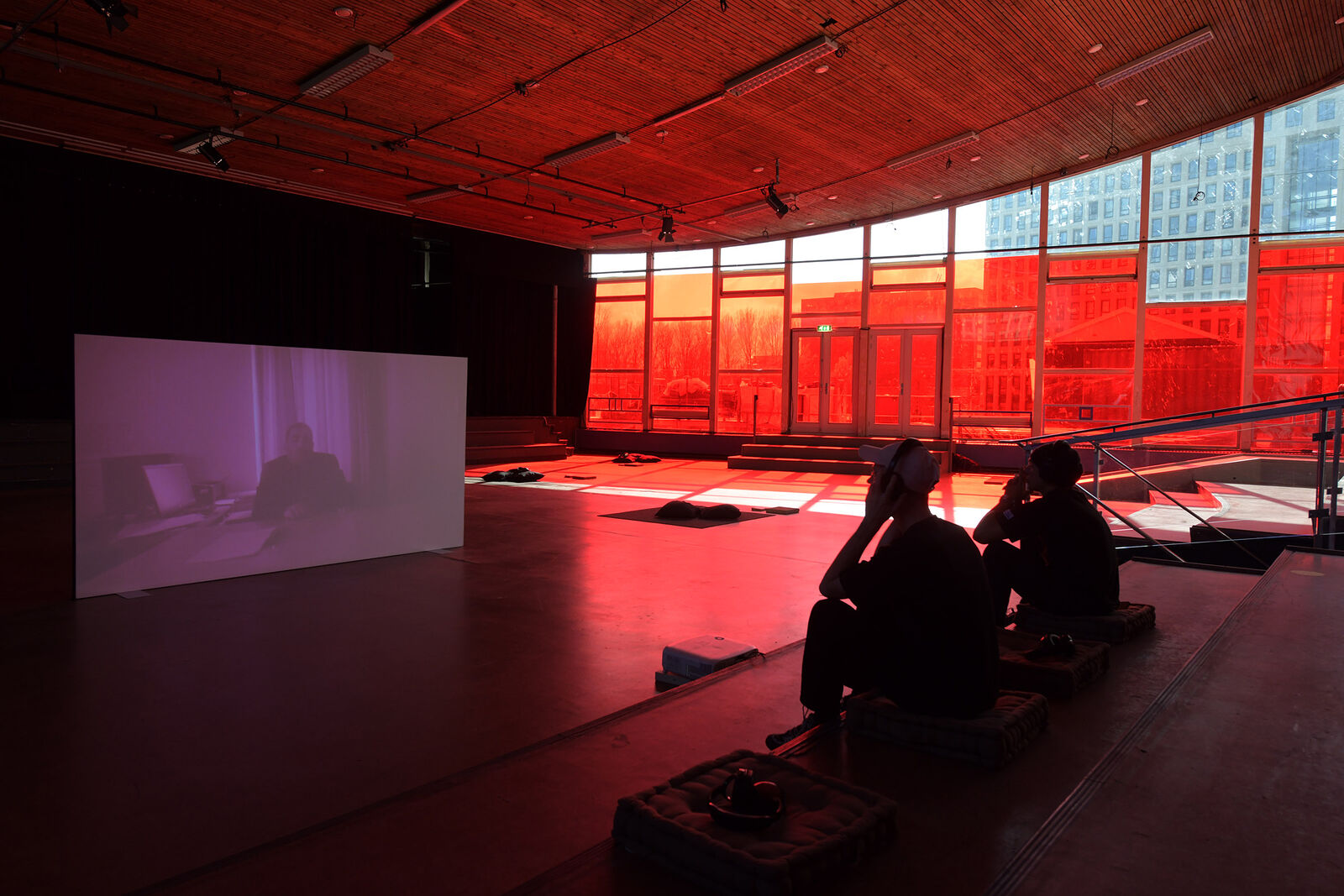
Image by Özgür Atlagan
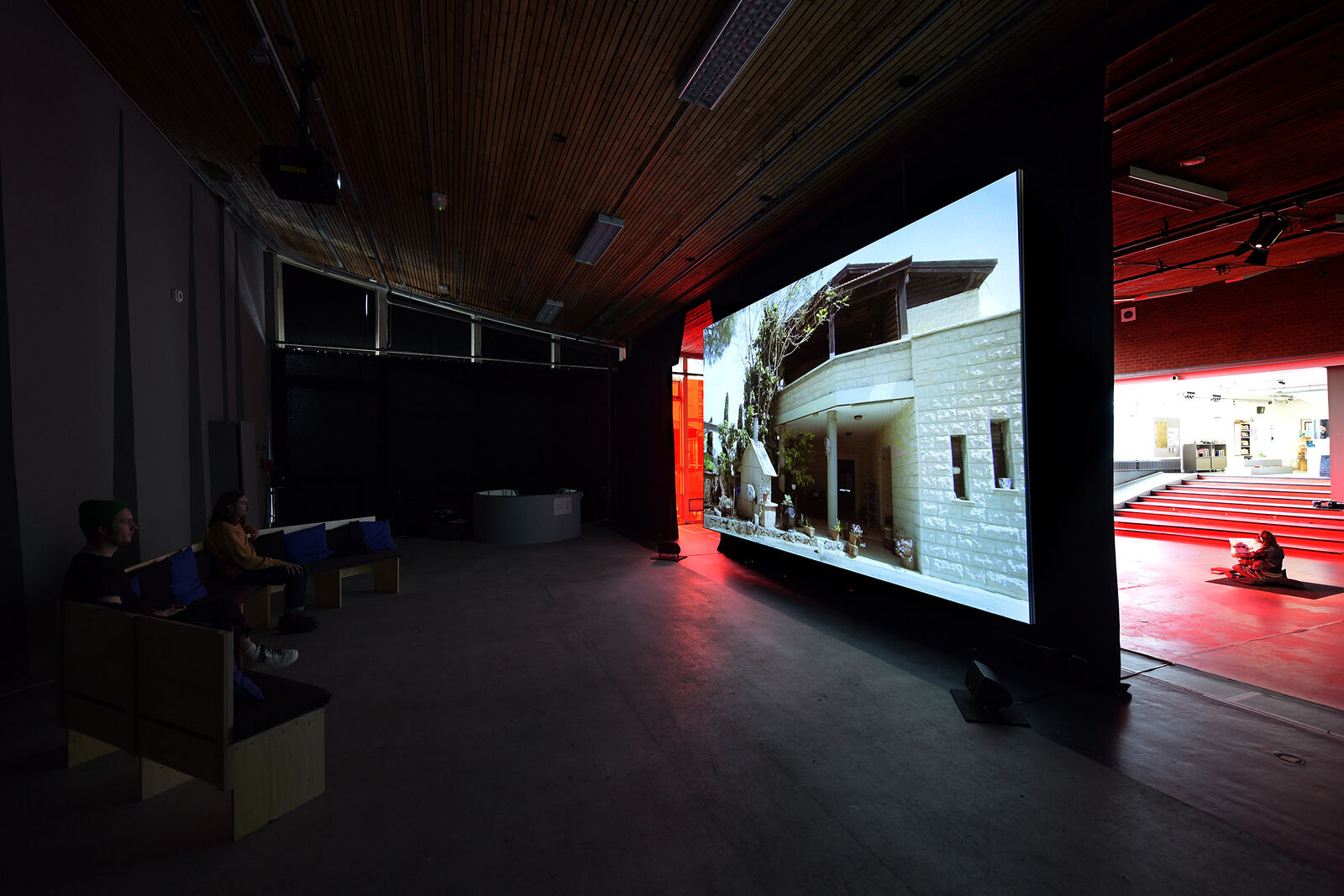
Image by Özgür Atlagan
About the artist
Inas Halabi (b.1988, Palestine) is a visual artist and filmmaker. Her practice is concerned with how social and political forms of power are manifested and the impact that overlooked, or suppressed, histories have on contemporary life. She holds an MFA from Goldsmiths College in London and completed the De Ateliers artist residency in Amsterdam, in 2019. She lives and works between Palestine and the Netherlands.
